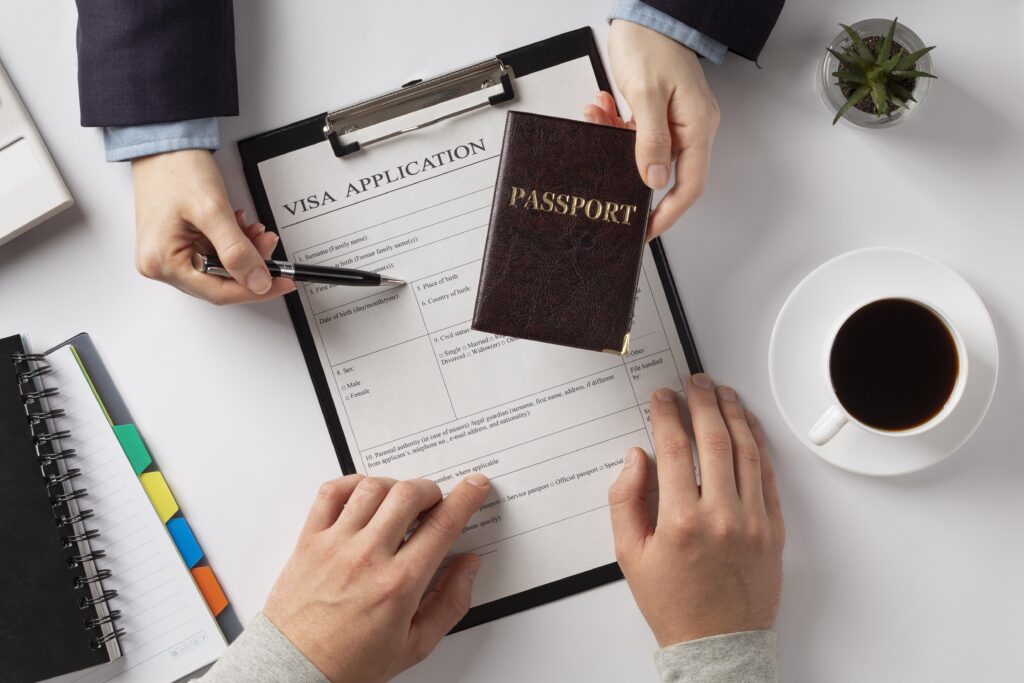
Bangkok has quickly become one of the most attractive destinations for foreigners seeking to establish a business in Southeast Asia. With its growing economy, central location, and vibrant startup culture, many investors see Thailand as a gateway to ASEAN markets. However, if you plan to register a company in Bangkok in 2025, it is important to understand the rules, required documents, and step-by-step process. This guide will walk you through the essentials in simple, practical language.
Initially, the fundamental regulations regarding foreign ownership in Thailand is Foreign Business Act (FBA) generally limits foreigners to 49% ownership in most sectors. However, there are exceptions:
- Foreign Business License (FBL): Grants permission for majority foreign ownership in certain activities.
- Board of Investment (BOI): Offers tax holidays, 100% foreign ownership, and easier work permits for targeted industries like tech and manufacturing.
- U.S.–Thai Treaty of Amity: Allows American investors to own up to 100% in many sectors.

Choosing the right structure is the foundation for a smooth registration process. Then, just follow the step-by-step process below to create your business in Thailand with confidence.
Step 1: Reserve Your Company Name
The first step to company registration in Thailand is reserving a name with the Department of Business Development (DBD). You can submit up to three options, and the approved name is valid for 30 days. It must be unique and end with “Co., Ltd.” or “Ltd.”
Step 2: Draft Key Legal Documents
Once the name is approved, you must prepare the Memorandum of Association (MOA), which includes details such as the company’s objectives, shareholders, and registered capital. After this, you hold a statutory meeting to adopt the articles of association, appoint directors, and assign auditors.
Step 3: Incorporate with the DBD
You then submit incorporation documents to the DBD within three months of the statutory meeting. Fees vary depending on registered capital but usually start at 5,000 THB or more. When approved, you will receive your Certificate of Incorporation and Company Affidavit, which legally establishes your company.
Step 4: Register for taxes and VAT.
Every company is required to register for corporate tax within 60 days of its formation. If annual revenue is expected to exceed 1.8 million THB, VAT registration is also required. Some industries instead fall under the Specific Business Tax (SBT).
Step 5: Social Security Registration
If you hire employees, you need to register with the Social Security Office within 30 days. This ensures your workers receive health and welfare benefits and keeps your company compliant.
Step 6: Open a Corporate Bank Account
Next, you should open a corporate bank account with a Thai bank. The required documents typically include your company registration certificate, shareholder list, and tax ID. Policies vary among banks, so be prepared to provide additional documents if needed.
Step 7: Apply for a visa and work permit.
To legally work in Thailand, foreign directors or staff must obtain a Non-Immigrant B visa and a work permit. In most cases, Thai law requires 2 million THB registered capital per foreign employee (or 1 million THB if married to a Thai), plus a ratio of four Thai employees per foreigner. For investors in BOI-promoted sectors, the SMART Visa programme provides longer validity and fewer restrictions.
Step 8: Industry-Specific Licences
Depending on your business activity, you may need special permits, for example, Tourism Authority licences, FDA approval for food or medical products, or e-commerce registrations. Always check requirements early to avoid delays.

Thailand is moving toward digital registration. From 2026, the DBD Business Registry system will allow full online incorporation with digital ID verification, making it easier for foreigners to register companies remotely. At the same time, authorities continue to crack down on illegal nominee shareholder arrangements, which are sometimes used to bypass the 49% ownership cap. These practices carry heavy penalties, so always follow legal routes such as BOI promotion or joint ventures with trusted partners.
Registering a company in Bangkok as a foreigner may seem complicated, but it is very achievable with the proper preparation. The key steps are straightforward: reserve a company name, prepare the MOA, register with the DBD, apply for tax and social security, open a bank account, and secure visas or work permits. For many investors, BOI promotion is the most attractive option, while U.S. citizens may benefit from the Treaty of Amity. By following the legal process and avoiding shortcuts, you can build a strong foundation for success in Thailand’s dynamic market. Bangkok isn’t just a place to do business; it’s a launchpad for reaching all of Southeast Asia.



